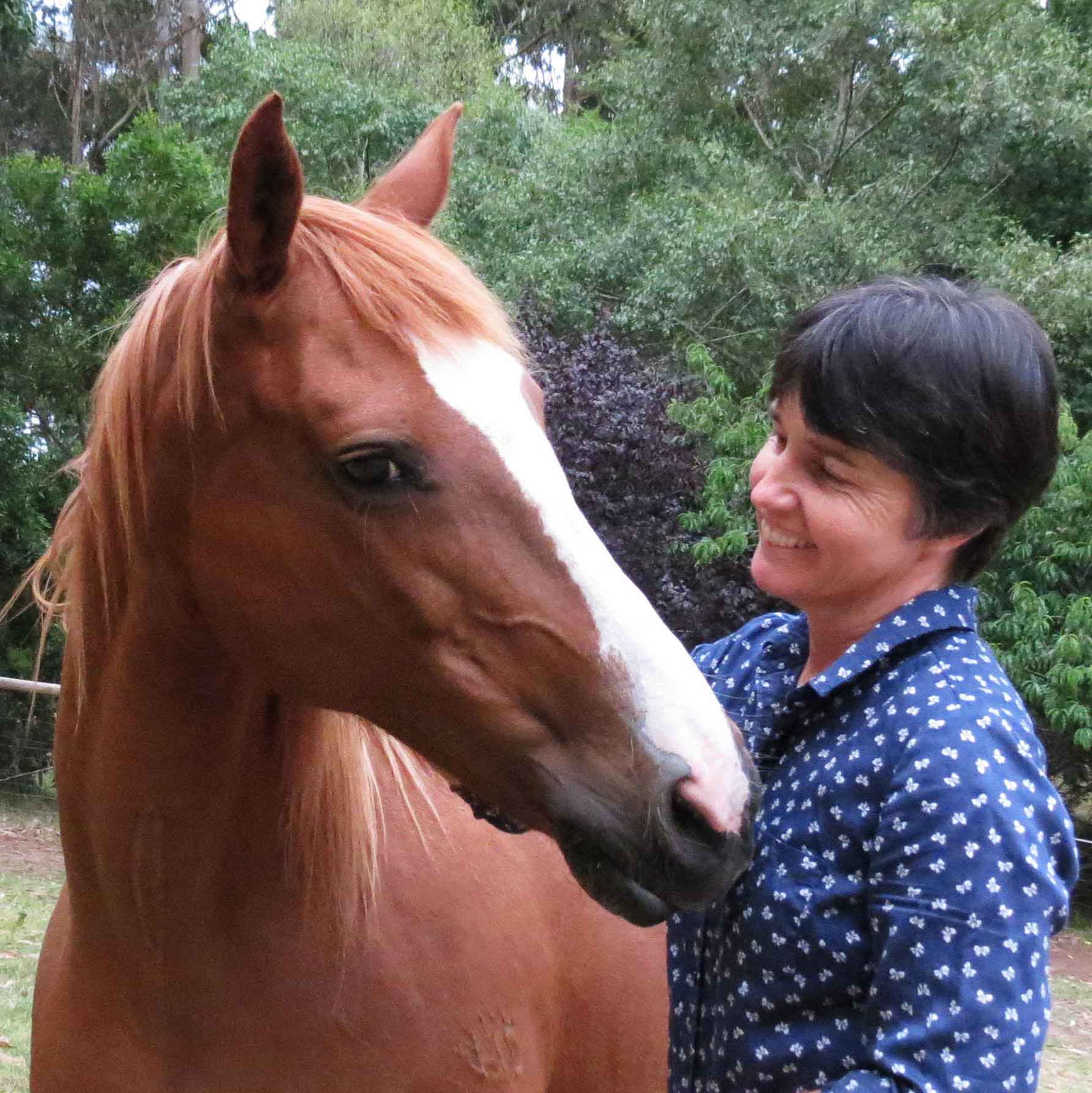Risk and Reality: Horse Parasite Control and Anthelmintic Resistance

How can you reduce internal parasite infection and manage anthelmintic resistance on your farm?
Do you know which of your horses has parasites? Chances are they all do, to one extent or another. What’s more important is knowing which horses have the highest fecal egg counts and which anthelmintic (deworming) treatments are effective on your farm. These are the first steps in developing a strategic horse parasite control plan for your farm.
When adopting such a management strategy, the primary goal is to prevent horses from amassing extremely high worm burdens, which, although uncommon, can cause signs of colic, diarrhea, and weight loss. Two secondary goals help achieve this:
- Reducing the worm burden on pastures (which reduces horses’ rate of infection and reinfection); and
- Maintaining the long-term efficacy of available dewormers.

Equine parasitologist Martin Nielsen, DVM, PhD, Dipl. ACVM, an associate professor and the Schlaikjer professor of equine infectious disease at the University of Kentucky’s Gluck Equine Research Center, in Lexington, says that in managing your horses’ own parasite population, you are managing that of the entire farm TheHorse.com is home to thousands of free articles about horse health care. In order to access some of our exclusive free content, you must be signed into TheHorse.com. Already have an account?Create a free account with TheHorse.com to view this content.
Start your free account today!
and continue reading.

Written by:
Jill Griffiths
Related Articles
Stay on top of the most recent Horse Health news with











